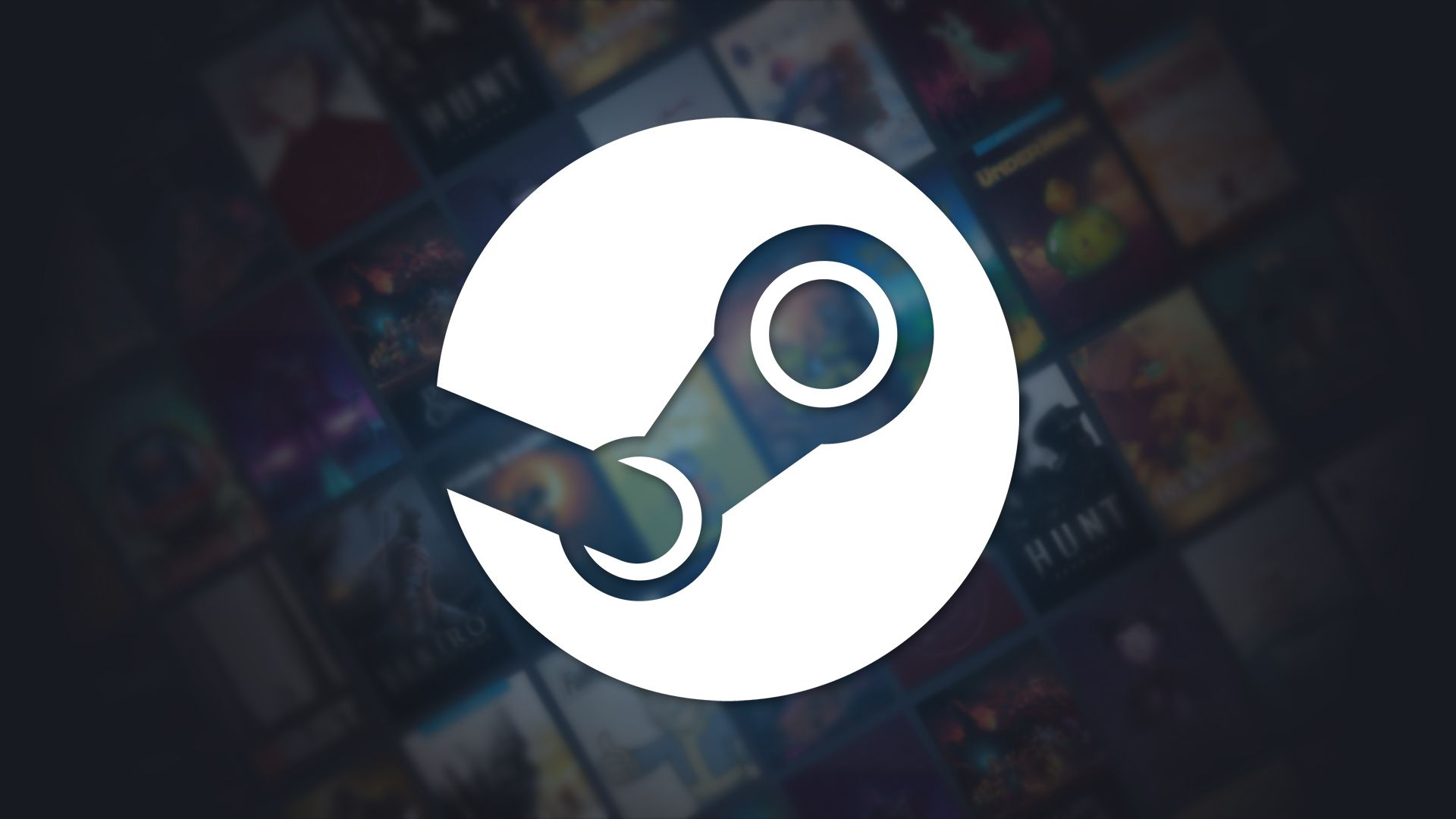
G2A is an online marketplace for videogame keys that lets its users make a buck here and there by selling surplus game keys. As publisher tinyBuild explained it in a recent blog post, it’s “like eBay for game keys”: You buy, for example, a Humble Bundle that includes games you already own, so you unload the keys you don’t need through G2A for less than the regular price, and everybody is happy: You get a few bucks, someone else gets a cheap game, and G2A earns a small cut from its payment provider. The problem is that the system encourages bad behavior, as people can use hot credit cards to purchase large numbers of bundles or keys from various sellers, then offload them on G2A.
It’s basically a quick-and-dirty form of money laundernig, and while G2A does have a system for addressing fraudulent transactions, it comes with an awful lot of strings attached, as tinyBuild learned when CEO Alex Nichiporchik began an investigation into how much of an impact G2A really has. He eventually received information indicating that the site had sold more than 26,000 keys for Punch Club, Party Harder, and SpeedRunners, collectively worth $450,000 at retail, for considerably less than half that amount. He then began chasing down the origins of those keys, and what sort of compensation the publisher could expect for them.
G2A said in response to his inquiries that the keys came from tinyBuild’s resale partners, and because of that, “no compensation will be given.” Furthermore, investigating the origin of the keys “requires TinyBuild to want to work with G2A,” to supply a list of suspected stolen keys, and to revoke those that are proven to be. But, it warned, “I think you will be surprised in that it is not fraud, but your resale partners doing what they do best, selling keys. They just happen to be selling them on G2A.”
“In short, G2A claims that our distribution partners are scamming us and simply selling keys on G2A. They won’t help us unless we are willing to work with them. We are not going to get compensated, and they expect us to undercut our own retail partners (and Steam!) to compete with the unauthorized resellers,” Nichiporchik wrote in the post. “There’s no real way to know which keys leaked or not, and deactivating full batches of game keys would make a ton of fans angry, be it keys bought from official sellers or not.”
In an email, Nichiporchik told us that this sort of thing could be prevented if publishers had control over which keys could and could not be sold on marketplaces like G2A. “However we can’t do anything about that—even if we were to sell keys there ourselves, we’d have to undercut official retailers (like Steam) in order to be competitive,” he explained. The only other option is to completely stop doing bundles and giveaways, and refuse to work with any distributor but Steam.
“That would hurt our business too much. We love doing bundles and giveaways and honestly don’t care about the potentially lost revenue there—as long as fans are happy. That’s the most important thing to me,” he said. “Instead, we are in a situation where giveaways no longer work, and consumers gravitate towards cheaper marketplaces like G2A without understanding how it may damage us as a game developer/publisher.”
That’s really the killer. G2A may be, as he wrote in the blog post, “facilitating a fraud-fueled economy where key resellers are being hit with tons of stolen credit card transactions,” but the bottom line is that it also offers cheap games. And as unfair to developers and publishers as it may be, you can’t really fault people for wanting to pay less than full pop for their games.
I’ve reached out to G2A for comment and will update if and when I receive a reply.


